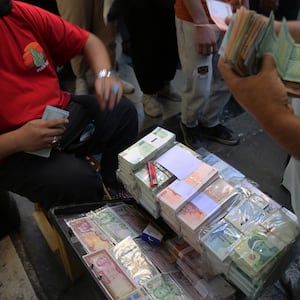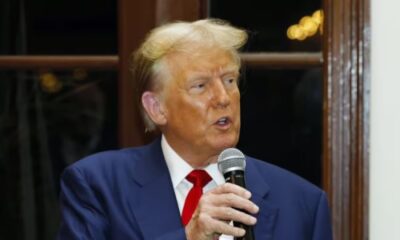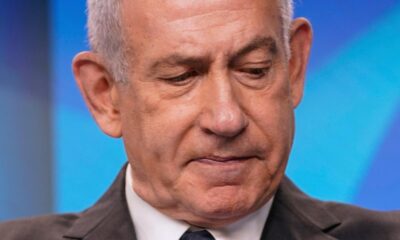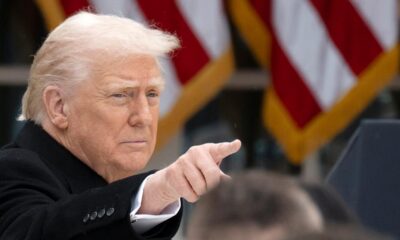Business
UN Resumes Sanctions on Iran Following Failed Nuclear Talks

The United Nations has reinstated extensive sanctions against Iran for the first time in a decade, following unsuccessful nuclear negotiations with Western powers. This significant move reintroduces restrictions that target Tehran’s nuclear and ballistic missile programs, which are expected to further strain Iran’s already troubled economy.
The sanctions come just three months after military actions by Israel and the United States, which included bombings aimed at Iran’s nuclear facilities. The decision to restore these sanctions emphasizes the international community’s ongoing concerns regarding Iran’s nuclear ambitions.
Diplomatic Efforts Continue
European and American diplomats have underscored that the diplomatic path is not closed, despite the reimposition of sanctions. Marco Rubio, the United States Secretary of State, has urged Iran to engage in direct talks conducted in good faith. He emphasized the importance of dialogue, stating, “We encourage Tehran to accept direct talks, held in good faith.”
Rubio also called upon UN member states to act immediately in enforcing the sanctions. He believes this pressure is essential for Iran’s leadership to act in the best interest of their nation and global safety.
The resumption of sanctions is likely to have broad implications not only for Iran but also for international relations, as it highlights the complexities of negotiating nuclear agreements in a highly charged geopolitical environment. The sanctions are expected to affect various sectors of Iran’s economy, including trade and investment, as countries adjust to comply with the renewed restrictions.
International Reactions and Future Implications
The international community’s response to the reinstated sanctions will be closely monitored. Many observers are concerned about the potential for increased tensions in the region, particularly given the recent military actions by Israel and the United States.
While the sanctions aim to deter Iran’s nuclear development, they also risk exacerbating humanitarian issues within the country, affecting the everyday lives of ordinary Iranians. The situation remains fluid, and the potential for further escalation is significant.
As the world watches how Iran responds to these renewed sanctions, the emphasis on diplomacy remains a critical component of any future negotiations. The coming weeks may prove pivotal in determining whether a peaceful resolution can be achieved or if the tensions will escalate further.
In summary, the resumption of UN sanctions against Iran marks a crucial juncture in international relations, underscoring the challenges of achieving lasting agreements in a complex geopolitical landscape.
-

 World1 week ago
World1 week agoPrivate Funeral Held for Dean Field and His Three Children
-

 Top Stories2 weeks ago
Top Stories2 weeks agoFuneral Planned for Field Siblings After Tragic House Fire
-

 Sports3 months ago
Sports3 months agoNetball New Zealand Stands Down Dame Noeline Taurua for Series
-

 Entertainment3 months ago
Entertainment3 months agoTributes Pour In for Lachlan Rofe, Reality Star, Dead at 47
-

 Entertainment2 months ago
Entertainment2 months agoNew ‘Maverick’ Chaser Joins Beat the Chasers Season Finale
-

 Sports3 months ago
Sports3 months agoSilver Ferns Legend Laura Langman Criticizes Team’s Attitude
-

 Sports4 weeks ago
Sports4 weeks agoEli Katoa Rushed to Hospital After Sideline Incident During Match
-

 World2 weeks ago
World2 weeks agoInvestigation Underway in Tragic Sanson House Fire Involving Family
-

 Politics2 months ago
Politics2 months agoNetball NZ Calls for Respect Amid Dame Taurua’s Standoff
-

 Top Stories2 weeks ago
Top Stories2 weeks agoShock and Grief Follow Tragic Family Deaths in New Zealand
-

 Entertainment3 months ago
Entertainment3 months agoKhloe Kardashian Embraces Innovative Stem Cell Therapy in Mexico
-

 World4 months ago
World4 months agoPolice Arrest Multiple Individuals During Funeral for Zain Taikato-Fox





















